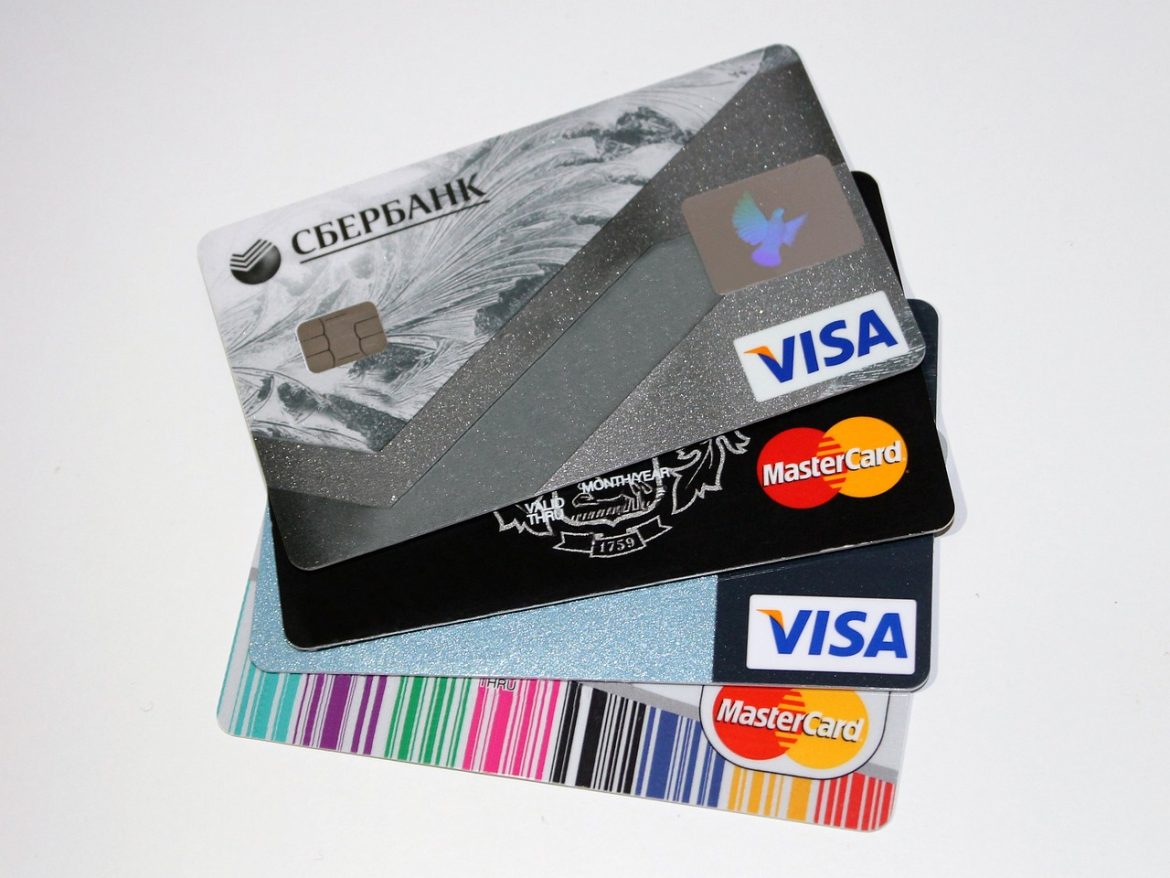Credit cards are a fundamental part of modern financial management, offering convenience, rewards, and financial flexibility. However, they also come with responsibilities and potential pitfalls. This article provides a detailed overview of credit cards, including their benefits, types, tips for responsible use, and emerging trends in the credit card industry.

What is a Credit Card?
A credit card is a financial tool issued by banks or credit unions that allows you to borrow money up to a certain limit to make purchases or access cash. Unlike a debit card, which draws funds directly from your checking account, a credit card allows you to accumulate a balance that must be paid off by the due date to avoid interest charges.
- Example: Using a credit card to buy a laptop means you can pay for the laptop over time rather than all at once, as long as you make at least the minimum payment each month.
Benefits of Credit Cards
Credit cards offer numerous advantages that can be valuable if used wisely. Here are some of the key benefits:
- Building Credit HistoryOne of the most significant benefits of using a credit card is the opportunity to build and improve your credit history and credit score.
- How It Works: Making timely payments and maintaining a low credit utilization ratio can positively impact your credit score, which is crucial for future financial endeavors like applying for loans or mortgages.
- Example: Paying off your credit card balance in full every month helps establish a strong credit history.
- Rewards and CashbackMany credit cards offer rewards programs, including cashback, points, or miles for every dollar spent. These rewards can be redeemed for travel, merchandise, or statement credits.
- How It Works: Using a credit card for everyday purchases can earn you points or cashback that can be redeemed for various benefits.
- Example: A credit card might offer 1.5% cashback on all purchases or 3x points on travel and dining.
- Purchase ProtectionPurchase protection features provide coverage for certain types of transactions, offering peace of mind when making purchases.
- How It Works: Many cards offer protections such as extended warranties, price protection, and purchase protection for lost or damaged items.
- Example: If you buy a new TV with your credit card and it breaks within the warranty period, the card’s extended warranty benefit might cover the repair or replacement.
- Emergency Access to FundsCredit cards provide a source of emergency funds when unexpected expenses arise.
- How It Works: If you face an urgent financial need, you can use your credit card to cover costs until you can pay off the balance.
- Example: Using a credit card to pay for car repairs if your car breaks down unexpectedly.
- Fraud ProtectionFraud protection features help protect you from unauthorized transactions and provide mechanisms for reporting and resolving fraudulent charges.
- How It Works: Credit card companies typically offer zero liability for fraudulent transactions if you report them promptly.
- Example: If your credit card details are stolen and used for fraudulent purchases, you can dispute the charges and be reimbursed.

Types of Credit Cards
Credit cards come in various types, each designed to meet different financial needs and preferences. Here are the most common types of credit cards:
- Standard Credit CardsStandard credit cards offer basic features like a credit limit and monthly payments without additional perks.
- Features: Basic credit limit, minimum monthly payments, and standard interest rates.
- Ideal For: Individuals looking for a straightforward credit card with no frills.
- Rewards Credit CardsRewards credit cards offer incentives like cashback, points, or miles for every purchase made.
- Features: Rewards programs for purchases, sign-up bonuses, and various redemption options.
- Ideal For: Individuals who want to earn rewards on their spending.
- Travel Credit CardsTravel credit cards offer rewards, discounts, and perks related to travel, such as airline miles and hotel points.
- Features: Travel rewards, airport lounge access, and travel insurance.
- Ideal For: Frequent travelers looking to earn rewards for flights and hotel stays.
- Balance Transfer Credit CardsBalance transfer credit cards allow you to transfer high-interest debt from other cards to a new card with a lower interest rate or a 0% APR for an introductory period.
- Features: Low or 0% APR on balance transfers, with potential fees for the transfer.
- Ideal For: Individuals looking to consolidate debt and save on interest.
- Secured Credit CardsSecured credit cards require a cash deposit as collateral, which serves as your credit limit.
- Features: A secured deposit, reports to credit bureaus, and can help build or rebuild credit.
- Ideal For: Individuals with poor or no credit history looking to improve their credit score.
- Student Credit CardsStudent credit cards are designed for college students, offering features tailored to young adults new to credit.
- Features: Low credit limits, educational resources, and opportunities to build credit.
- Ideal For: College students learning to manage credit responsibly.
Tips for Responsible Credit Card Use
Using a credit card responsibly is essential for maintaining a healthy financial life. Here are some tips for managing your credit card effectively:
- Pay Your Balance in FullTo avoid interest charges and debt accumulation, aim to pay your balance in full every month.
- Tip: Set up automatic payments to ensure you never miss a due date.
- Keep Your Credit Utilization LowCredit utilization refers to the ratio of your credit card balance to your credit limit. Keeping this ratio below 30% helps maintain a good credit score.
- Tip: If your balance is approaching your limit, make a payment before the statement date.
- Make Payments On TimeTimely payments prevent late fees and negative impacts on your credit score.
- Tip: Set reminders or automate payments to avoid late fees.
- Monitor Your Statements RegularlyRegularly monitoring your statements helps you spot errors or fraudulent charges.
- Tip: Check your statements monthly and report any discrepancies immediately.
- Use Credit ResponsiblyAvoid overspending and only charge what you can afford to pay off.
- Tip: Stick to a budget and track your spending.
Future Trends in the Credit Card Industry
The credit card industry is continuously evolving, with several trends shaping its future:
- Digital Wallet IntegrationDigital wallets are becoming more popular, allowing users to store and use their credit card information on smartphones and other devices.
- Trend Example: Apple Pay, Google Wallet, and Samsung Pay.
- Increased Focus on SecurityEnhanced security measures such as biometric authentication and advanced fraud detection technologies are being implemented.
- Trend Example: Credit cards with fingerprint or facial recognition features.
- Personalized Offers and RewardsPersonalized offers and rewards based on spending habits and preferences are becoming more common.
- Trend Example: Tailored rewards for frequent purchases at specific retailers.
- Sustainable Credit CardsSustainable credit cards are emerging, featuring eco-friendly materials and initiatives for environmental impact reduction.
- Trend Example: Credit cards made from recycled materials and offering carbon offset programs.
- Cryptocurrency IntegrationCryptocurrency integration into credit card systems is gaining traction, offering users the ability to earn or spend digital currencies.
- Trend Example: Credit cards that offer cryptocurrency rewards or allow spending with digital currencies.

Conclusion
Credit cards are a versatile financial tool that can offer a range of benefits, from building credit to earning rewards. Understanding the different types of credit cards, how to use them responsibly, and staying informed about industry trends can help you make the most of your credit card experience.
Whether you’re looking for a basic credit card, a rewards card, or a tool for managing debt, there’s a credit card that can meet your needs. By applying the tips for responsible use and considering future trends, you can leverage credit cards to enhance your financial health and enjoy a range of benefits.


